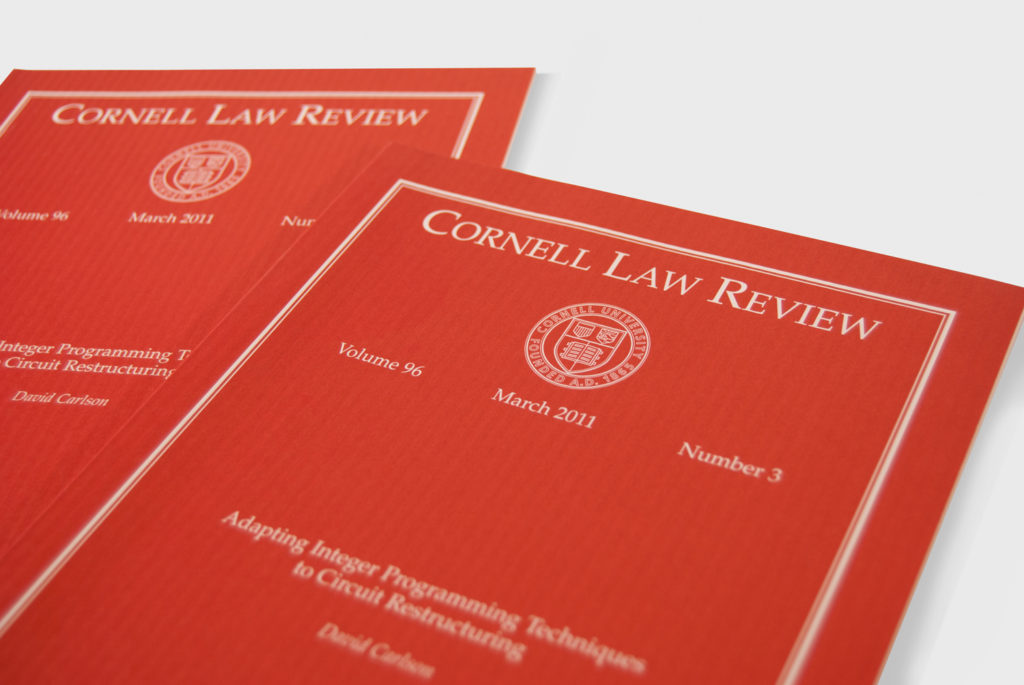In this groundbreaking analysis on the downsides of stakeholder governance, Harvard Law School Professors Lucian A. Bebchuk and Roberto Tallarita argue that this revolutionary framework is harmful – not helpful – to the groups it aims to benefit. According to the professors, stakeholder governance, or “stakeholderism,” is a convenient PR move for CEOs that allows them to dodge unfavorable laws and regulations. But their corporate structures continue the shareholder primacy model. Incentives, including cash and equity bonuses, come from favoring shareholders and increasing the company’s stock value. By hiding behind “stakeholderism,” where the stakeholders themselves are undefined, CEOs continue to benefit shareholders while pretending to participate in a “watershed moment.”
It doesn’t have to be this way. CEOs have been backed into a corner, convinced that their market-share depends on their morality. But what customers and shareholders alike want to see is a profitable business that sells good products or services. As Bebchuk and Tallarita argue, “stakeholderism” carry undoubted costs to both the stakeholders and the company. The framework should, therefore, be rejected by anyone who cares about either stakeholders or shareholders.
Learn more at the Harvard Law School Forum on Corporate Governance.

